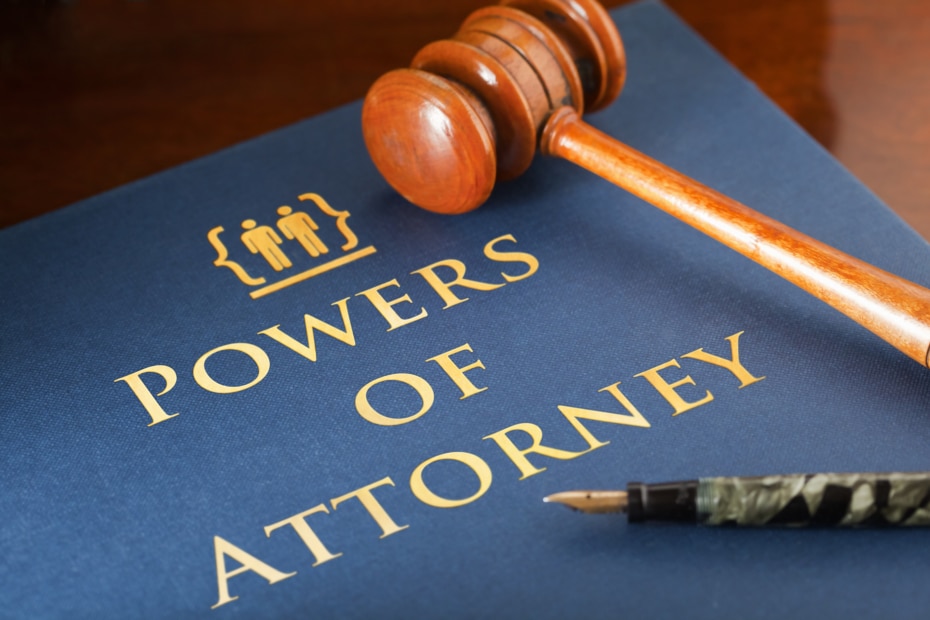Call Us At 519.672.5666
Insights & Articles
Powers of Attorney: What You Need to Know

Powers of Attorney: What You Need to Know
We never want to give up the ability to make decisions for ourselves and many find it hard to imagine a day when that might need to happen. But should the day come that you are incapable of making your own decisions you want the right person to be available to assist you. The Substitute Decisions Act, 1992 allows you to appoint a trusted person or persons, by way of Powers of Attorney, to make decisions for you in case you become mentally incapable. Powers of Attorney are the easiest and cheapest way to grant decision making power while ensuring your wishes are followed.
What kinds of Powers of Attorney are there?
There are two different types of powers of attorney: the Power of Attorney for Personal Care and the Continuing Power of Attorney for Property.
The Power of Attorney for Personal Care allows someone to make decisions regarding your health care, nutrition, shelter, clothing, hygiene, and safety. This is important as they will not only be able to make medical decisions for you but also decisions about your day-to-day living and quality of life. To assist your Attorney in making the right decisions for you, you can include specific instructions within the document outlining the kind of care you would or would not want in certain circumstances.
In contrast, the Continuing Power of Attorney for Property allows someone to make decisions regarding your finances and assets. This includes accessing your bank accounts, paying your bills and taxes, managing investments, and purchasing or selling real estate. Although your attorney can do a lot with your property, they are unable to create or make changes to your Will, Powers of Attorney, or beneficiary designations. Only you can make these types of testamentary decisions for yourself.
How many decision makers can I name?
For each Power of Attorney, you can name one person to act alone or multiple people to work together. You can also name substitute attorneys who will step in should your primary attorney be unable to act for you.
What if I don’t have Powers of Attorney?
Without an Attorney for personal care, Ontario’s health care legislation will permit certain members of your family to make some treatment decisions for you. However, without an Attorney for property, your family, including your spouse, cannot make any decisions for you. In the event you become mentally incapable, it may be necessary for your loved ones to apply to the Court to be appointed as your guardian, which can be a very expensive process. Otherwise, the government, through the Office of the Public Guardian and Trustee, may be appointed as your statutory guardian to manage your property.
What happens to my Powers of Attorney when I die?
When you die, your Powers of Attorney die with you and your Attorney no longer has the authority to make decisions on your behalf. The executor of your estate, whether by Will or Court Appointment, will begin administering your estate.
If you want to know more about how you and your family may benefit from Powers of Attorney, please contact a member of our department to schedule an appointment.
This article was written by Wills, Estates and Trusts Lawyers Jennifer Butkus and Jillian Berry.

